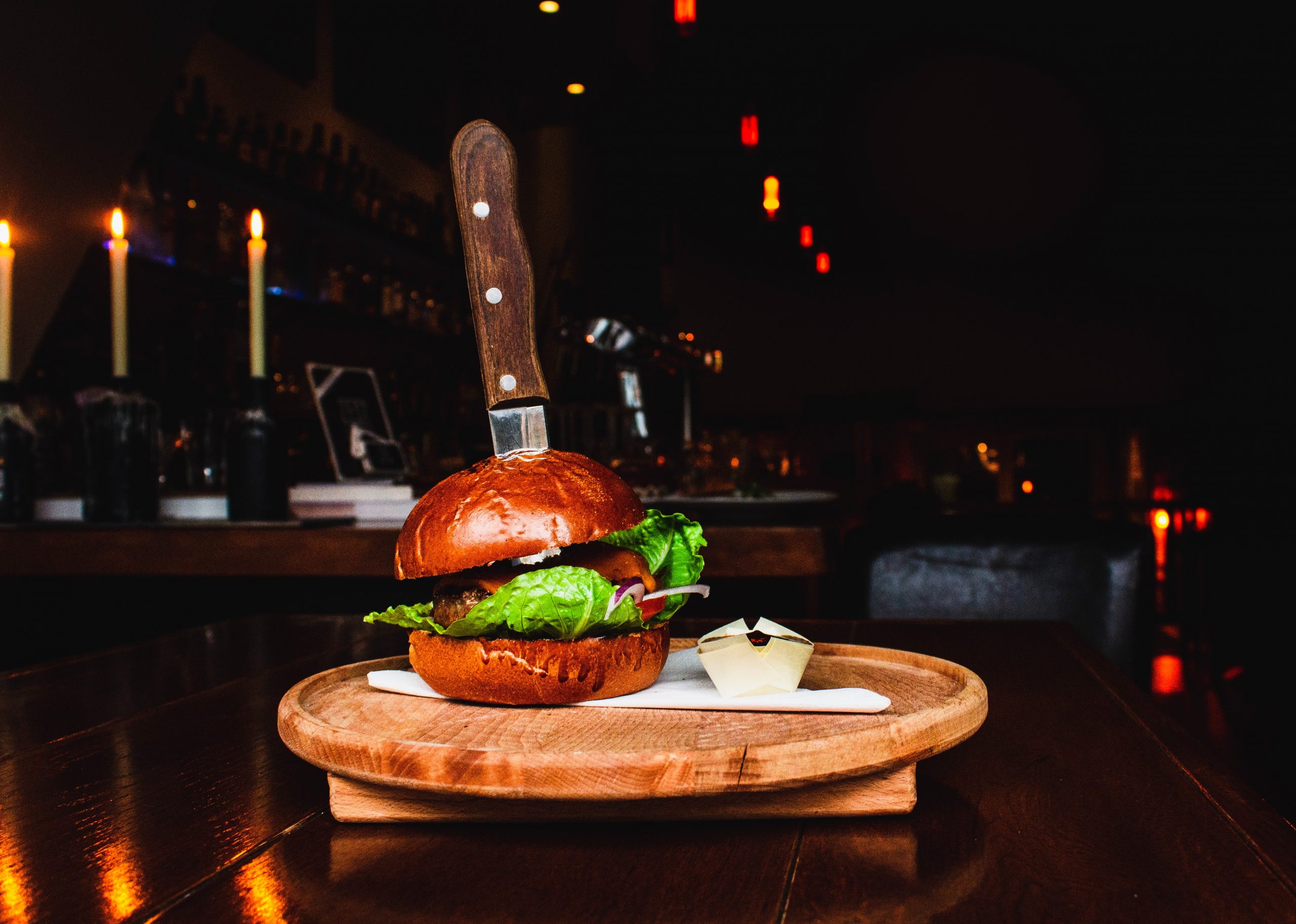When we think of “mindfulness”, the immediate thought usually centres around managing your behaviour, communicating with your emotions, and giving space to our thoughts and intentions. As for our eating habits? Not so much.
Despite where you are in your life – it’s never too late to learn something new, especially when it comes to looking after your own health and wellbeing. Turns out food isn’t just something to help us lose and gain weight, or a simple pleasure of life – its role and the relationship we have with it is something much bigger and profound. Let’s talk about eating mindfully.

Simply put, mindful eating points to eating behaviours based that carefully balances your wants and needs, and improving the relationship you have with both your body and food. It stems from a practice based on Buddhism that calls for you to be more aware of what you consume, and in the process it may help overcome a wide variety of issues, from eating disorders to preventing illnesses.
We recently spoke to Gaby Luo, a registered dietitian in Australia and China, and the in-house nutritionist at SANGHA Retreat, who formulates recipes and curates nutritional plans for guests of the retreat undergoing the Wellness Program. She is the guiding light to those who wish to rebalance and nourish their bodies in a holistic manner, while improving their overall wellbeing.
As technical as Gaby’s role sounds, she’s certainly no stranger to the concept of mindful eating, and personally finds mindful eating to be rather freeing, since she is able to keep both her mental and physical health in check when it comes to eating.
“I think mindfulness is a powerful tool to deal with one’s heart and thoughts, to distance one’s self from external disturbances and your own emotions,” she expresses. “These are major factors that interfere with your “right” decisions. In making the right decisions, we align our health with happiness.”
Why should we practice mindful eating?

As cliché as this phrase is, mindful eating isn’t a diet, but a lifestyle choice that goes beyond simply wanting to lose weight and get trim. It’s an approach that encourages you to have a good relationship with your body, understand its many signals, and being fully aware of what you consume every moment – but without judgment. While diets focus mainly on the rules of eating such as how much to eat and what not to eat, mindfulness is driven by behaviour and its process. But of course, as zen as all that sounds, this practice does come with some pretty good benefits you’ll want to have.
“Eating mindfully can prevent diseases such as Type 2 diabetes, cardiovascular diseases, renal diseases and other metabolic syndromes,” explains Gaby. “Consuming healthy foods that the body requires can also enhance the sensitivity of its insulin response.”
In our stress-fuelled society, we often fall into periods of emotional eating or eating while distracted – which leads to mindless consumption that could make you feel worse afterwards. Mindful eating helps to improve this by having us maintain constant awareness and control over our actions – from practising eating without any distractions to linking emotional triggers to certain foods.
“Once an individual is able to get into the routine of mindful eating, he or she will be able to consume what is right and optimal for their health without losing control. Mindful eating reduces mental stress and anxiety, allowing one to stay focused. It also allows you to better cope with your negative feelings and to manage emotions well by changing the way you think.”
However, one should remember that mindful eating itself isn’t a cure-all for diseases and infections. It takes a combination of both the state of mindfulness as well as the consumption of highly nutritious food that helps strengthen the body’s immunity to keep disease and infection at bay.
Where to start

“One can start eating mindfully by gaining a greater understanding of what goes into their food, and including a wide variety of non-starchy fruit and vegetables to balance your nutrient intake,” explains Gaby. “The benefits of these nutritious foods are more explicit when they are eaten as opposed to consumed by way of a beverage.”
As for food choices, you want to look out for foods that are rich in antioxidants such as dark or multi-coloured foods that counteracts reactive oxygen species (ROS), by-products of normal cell activity. If there is an excess of ROS in the body, it can induce oxidative stress, which leads to cell damage and cell death. Other antioxidant-dense foods also include nuts with their skins on, as well as coloured whole grains.
Other good habits to practice include setting aside time to sit down to an actual meal, rather than eating in front of the TV or while working. Keeping a food diary can also be beneficial in helping you keep track of your daily meals, and allowing you to identify the emotions you may have with certain foods. It’s also important to always stay hydrated, and know when your stomach is full or when your body is simply thirsty.
A fine balance between adapting and discipline
When it comes to starting a new routine in your lifestyle, oftentimes challenges such as lack of motivation presents itself in the long-run. If you’re someone who’s looking to really commit to mindful eating, it’s important to be clear and realistic about your own goals, without being too rigid so that you’ll be able to stick to your routine in the long term. Even if you’re someone who is constantly juggling with time, Gaby notes that there are ways to work around it.
“Those who are on a tight schedule can also use meal-replacements for a short time to help kickstart their new routine. High quality meal replacements can be a tool to adjust your appetite, preparing your body for a challenge and a change in routine, but still leaving you energised.”

And while mindful eating does call for you to eat more nutritious food, it’s not about strict diets or cutting out on your favourite fast foods, snacks, or not-so-healthy guilty pleasures. Gaby points out that restriction and cutting out certain food groups completely isn’t necessary, and isn’t the true goal at the end of the day.
“Mindful eating is a state of mind where an individual is in control of what they consume and judge what is right for their body,” she comments. “There is no right or wrong in what they consume as long as they stay committed to providing their body with the nutrients that it needs.”
Photos: Unsplash










